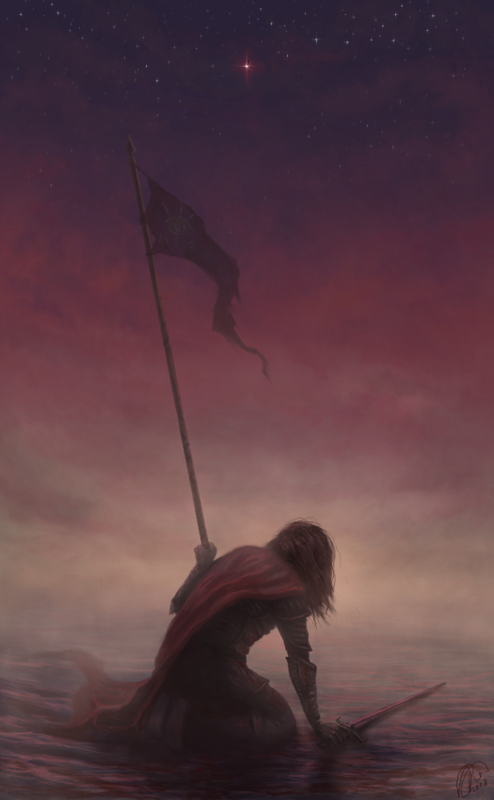 After my highly controversial post last week, as to the Walking Dead and zombie gaming, I’ve been putting a little thought into what unites us as fans in each genre, where the cross-over happens, and what the differences are. I’ve often mentioned that my short career at the table sits opposite to a lifetime obsession with comics, but they seem to intersect. There is a synergy for lack of a better term. I’ve sat at tables with like-minded fellows, who both roll dice and turn the pages. It becomes clear that both species can exist in the same environment. We’re brother geeks, or sister geeks, or whatever we want really. There are things that surround us, link us, and bind us together (sometimes in handcuffs). These are my things. 1) We know how to party There are hundreds of events and conventions that take place in North America every year concerning both hobbies. Gen Con set a new attendance record in 2015, with what they describe as “a unique attendance of 61,423” and “a turnstile attendance of 197,695.” San Diego Comic-Con in 2015 maxed out at 130,000 due to limited space. We like to get together, and when we do we make it rain; bigger conventions to the tune of 50 million dollars into local economies. Free swag is always great, but the truth is this: we buy, we drink, we eat, and we dance (poorly). We’re high rollers. 2) We can marathon Last night I sat down and read 72 issues of DMZ before I went to bed. This summer I have a 72-hour long weekend date with 10 intrepid heroes and the Tower of War. I’ve heard a lot of good things about obsession and I’ll sleep when I’m dead. How much do you love all-nighters? Gamers and comic readers can suffer for love. That being said, we’re also adults, parents, and professionals, but when we have the time, we go for it! No excuses, carpe diem. 3) Our intelligence is balanced by our imaginations As I said, some of us are adults, parents, and professionals, making us pretty quick on the whole. Some of us are just brilliant to begin with, although there are some exceptions to the rule. Regardless, there are aspects of both hobbies that promote intelligence and wisdom. For some, it could be explained by being “book smart” - but I think it’s more inline with “fluid intelligence.” This is the ability to solve problems, understand fundamentals, and detect patterns (except grammar in my case). The beauty of this is that we take “fluid intelligence” to the next level and apply it to imaginative scenarios. I’m not saying that we’re pushing any rational boundaries here, but I think that the majority of us are geared to be critical thinkers when it comes to narrative, and tactically observant to what goes on around us. 4) Gamers are definitely better at not being dinosaurs Comic book store closure affects us all. Not only are these businesses usually crossover points for comics and gaming, they represent real world hubs for connections. In terms of comics, store closure is usually blamed upon growing digital content. However, in 2014 digital comics only represented what is estimated to be 11% of the market. While this number is continually going up, paper comics still dominate in terms of overall distribution. Maybe it’s the grey market, maybe not. But for the most part, the majority of comics aren’t sold online. Alternately, I’ve noticed that gaming culture seems to have a more progressive stance to online content. While the group I play with loves their hard copy books, we’ve really put on movement when buying digital content, especially with games like Dread and Fiasco. While you can find independent comics on Kickstarter, they haven’t really been able to optimize it’s potential as RPG’s have. Essentially, what I’ve noticed is that gamers are just more open to online content and usage. So we’re cut from the same cloth right? Yeah… maybe, but they’re not the same thing. I know it. I can never say that gaming has brought be more happiness than comic books, but I’m sure some of you can. As much as they’re similar, they arrive at different destinations, (though destinations never really mattered to me). In the end, whether you’re caught in the pages of Action Comics or deep in a session of Rifts, I’m hoping you’re staying up late for what you love, because it’s really just about having fun. About Ryan: So I try to read about 50 comics a week, depending on my ability to pay the power bill. I try to read as much new and independent works as my tried and trusted favorites, and I’ve been doing this for years. Thus, I can roughly say that I am pretty decent at comicology, however I hold no formal degree. Luckily, degrees are no substitute for common sense and that’s how I got this gig. 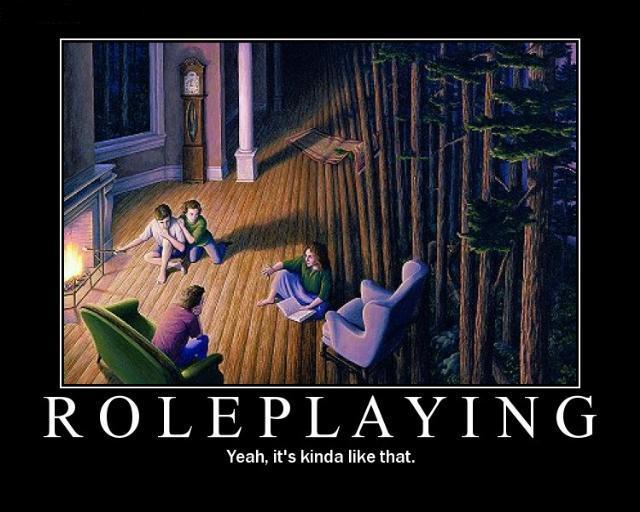 I know what you’re thinking, role-playing is quite awful. It is a game that never seems to end, involves sitting for unhealthy amounts of time, filling out forms, and snacking on food that has no expiration date. It is the worst part of office jobs, but done with your free time. I wanted to try to put a positive spin on this activity when researching it and could not find anything worthwhile to write about. But then, I thought, “Perhaps, role-playing isn't the worst thing. Chances are that there can be things that are more heinous and awful than this activity.” So here is my salute to role-playing in the best possible way I can: 1. Root canals are worse than role-playing Although, apparently not as painful as the world has lead me to believe, root canals are a horrible dental procedure to correct an even more horrible tooth decay problem. With the large cost of root canals ($800 dollars or so my google-fu tells me), drilling into your dead nerved tooth, and having to keep your mouth open for long amounts of time, I can quite handily say that root canals are worse than your standard table-top RPG game. I can say with confidence that those prices, drills, and face uncomfortableness are not a part of the role-playing experience! 2. Dealing with bureaucracy is worse than role-playing Yes, both activities have annoying politics and a certain amount of glad-handing attached. And yes, they both have ridiculous forms and rules that are too long to read or comprehend for the average layman. But the key difference is that the rules and forms are not a secret from you when you role-play. You have the same access as the GM to brush up on that knowledge. I think that alone makes role-playing>bureaucracy. 3. Spam emails are worse than role-playing Spam emails come out of nowhere to offer you a better life; you may feel elated when you see them. Helping out that poor Nigerian prince, getting larger BEWBS or PEniS size, 50% off of those perfect boyfriend jeans, and your new private match to enjoy the warmth of Alora S’s genitals all sound quite worthwhile, but sadly most of them are lies. I didn’t want to break it to you, but it is true. Role-playing is real and genuine, which makes it better than spam email. 4. Papercuts are worse than role-playing They make you feel inadequately weak. Role-playing doesn’t do that to you. 5. Other drivers are worse than role-playing Is there no end to the ridiculous amount of errors that those other drivers can muster? Going too slow, too fast, too aggressive, too timid, and generally there is no end to the douchecanoe maneuvers that occur during your daily commute. HOW DID THEY GET THEIR LICENCE, I MEAN, REALLY?!?!? Role-playing is done in a building far from the plagues of other drivers on the road, thus it is far better than those road renegades. I hope this clears up the idea that role-playing is the worst. Because it is now clearly not. This article was written with tongue firmly planted in cheek by Vanessa who is a sarcastic, 30-something wife and mother. She likes things and stuff, but not simultaneously. When she isn’t involved in things and stuff, she teaches middle school math and art. She loves new teenagers in action. They make her laugh and shake her head and her world is much better with laughter. She thinks everyone should be roleplaying. She sometimes bothers her friends to help with her blog articles which you can see here and here. She is also trying out this new twitter handle at @sarasma_nessa 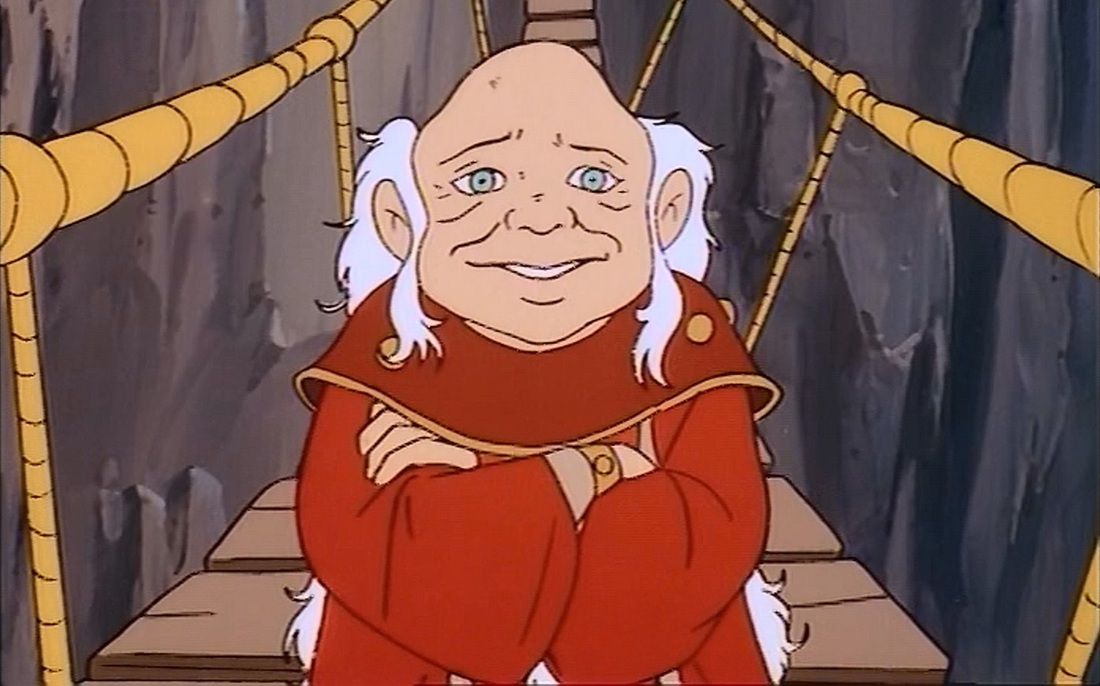 Attention Game Masters (GMs)! The 8 warning signs that your players are conspiring against you! “People of the same trade seldom meet together, even for merriment and diversion, but the conversation ends in a conspiracy against the (DMs)” – Adam Smith Lets not sugar coat it- players hate DMs and vice versa. It’s a relationship based on mutually assured destruction that keeps the gaming peace (for a time). The following list is designed as a warning for DMs (let’s face it, players don’t read things they’re supposed to). Here are the 8 warning signs that your players may be conspiring against you… 1. They stop talking – also known as “the sulk.” It’s a behavior often shown directly after a character death/ magic item loss/ knowledge skill not being applicable. Associated with the internalized anger and passive aggression latent in many players, it’s a sight not unfamiliar to many veteran DMs. If ignored, the sulk usually heals, but in a small percentage of cases it may fester. Monitor the creature during gaming breaks, as the player ruminates with its herd. Beware of signs that its garnering support such as other players nodding their heads, or looking about to see where you are situated. Over time, a festering sulk can lead to outbursts of “uhm actuallys”, rules lawyering, and possible assassination attempts. 2. They keep talking- also known as “table talk.” This phenomenon is closely linked with players that struggle with control issues. Perhaps their characters haven’t been in the limelight recently; perhaps they are bored (like puppies and infants, they need “enrichment”); or perhaps they are the shy type that likes to explain intricate details about their character, but can’t think on their feet during role-playing. Whatever the case, it will only end in conspiracy against you. Allowing the table talk to happen when you’re trying to DM is like allowing Russia to invade its Balkan neighbors. You don’t know exactly when, but pretty soon, things will get out of hand. 3. Players say rude things to you- also known as “being ass hats.” Presumably they have already taken liberties and made eye contact with you. At this point, things have gone too far. The player is issuing a direct challenge to your authority. You will have to think quickly - possibly using multisyllabic words to confuse them, or shiny things to distract (hello, platinum piece!). A word to the wise: you don’t want to antagonize the creatures, but you also don’t want to crater to their demands. Find a compromise if you can, and/or put a generous dose of laxative in their beverage(s). 4. Players say nice things to you- also known as “brown-nosing.” The first step is to politely ask the player to remove their head from your ass. You must also remain non-committal on any discussions about in-game material. Like cats, the only reason players would be nice to you is to attain some preferential treatment, learn some insider knowledge, or to go for the jugular-bite while your guard is lowered. Make sure you treat this situation right the first time, or else pretty soon your best case scenario is showing up on set for a Disney cartoon musical about friendship every gaming get-together. Worst-case scenario? Ask yourself: how many cat owners have died since 3000 B.C.? Sadly, luxuries such as “friendship” and “trust” are things forbidden to the DM, for their safety and sanity’s sake. 5. Players arrive early or late to gaming. You have to assume that any player not arriving to gaming simultaneously with you is engaging in subversive activities almost certainly related to sabotaging one or more of your plans. Now, players carpooling or messaging each other privately / on their own time is one thing (and can’t yet be monitored in the price range of most DMs), but deliberately showing up to the gaming place before or after you? They are sending a clear message of insurrection. If you see this, prepare for a coordinated undermining of any and all preparatory work you’ve put into your gaming session. 6. Players inquire about your family. This is becoming increasingly common. They are either a) issuing a veiled threat or b) trying to awaken your compassion for humanity that you long-since buried deep inside before arriving at gaming (A future blog will describe this process for the uninitiated). Terse, one-word answers and aggressive posturing will let the players know that you are onto their tricks, and are not weak. Also, that night you should prepare your defenses like its grown-up Home Alone. 7. Players don’t offer you their snacks. AKA “didn’t recognize.” This is a mistake that players who have become complacent fall into. Simply put, it means that they no longer fear you. Your reasoning with them has failed, and its time for the one thing they understand: fear. Think of it as a reminder about who’s in charge. For the astute DM, this event serves as a watermark for character death. In the interest of training the players, character death(s) should come shortly after making a passive aggressive observation about the dearth of snacks/beverages in front of you. 8. They reference the rules…. to your face… and have the audacity to argue with you. AKA “putting on their big boy/girl pants.” This player thinks itself clever and possibly wants itself to be the DM. You should ask them that very question- for statistical purposes only, of course. Reminding them that “story trumps rules” and “it’s the DM’s discretion” help direct their confusion to a more agreeable end. But be prepared for the worst. The player’s default setting is to continue to gossip with its kind, possibly to disastrous ends. One such end is the dreaded “Rat King” of rules lawyers. For those who don’t know, just as rat kings are rats whose tails have become stuck together, fusing into one, so too amongst rules lawyers is this phenomenon evident. Players will start supporting each other, looking up rules for one another, and sometimes even wanting to make up their own “house” rules. The Rat King situation calls for acute intervention, most likely involving character deaths/TPK. After the fireworks die down, a classy DM would do something nice, like bake them a cake that reads “what’s the rule on hard feelings?” In conclusion, DM challenges happen every day. Every 11 minutes in North America, a DM is being actively argued with. The important thing for you, reader, is to stay firm and be consistent. Trust me, players will one day look back on your days as their narrator and remark “I liked you as DM- can you do it again?” And if they remember to ask without making direct eye contact, you might have something to work with… Dustinopolis, Devourer of Cheese (@devourcheese), is a regular blogger and senior journalist at HLG. His favorite cheese is Gouda, but a nice Swiss compliments any reputable staff get together (hint, hint). Here’s my initial rant: so there’s the TV show, the video games, the books, the apps, the card game, the dice game, and the board games. Hell there’s even a Munchkin Walking Dead deck, all based upon the infernal genius of Robert Kirkman’s comic, The Walking Dead. So how in the name of Glenn is there no Walking Dead RPG? I think about it in my head once in awhile; the demographics line up, there’s a huge marketing machine ready to work, there’s no lack of creativity and companies out there that could do this, so why? Funny thing is The Walking Dead isn’t even on my list of favorite comics but I cannot deny its appeal or success, and I know that it's “the survivors not the zombies” that are the “Walking Dead,” but come on now. It seems to me that this would be a sure thing.
|
All blog materials created and developed by the staff here at High Level Games Archives
April 2023
Categories
All
|
Proudly powered by Weebly
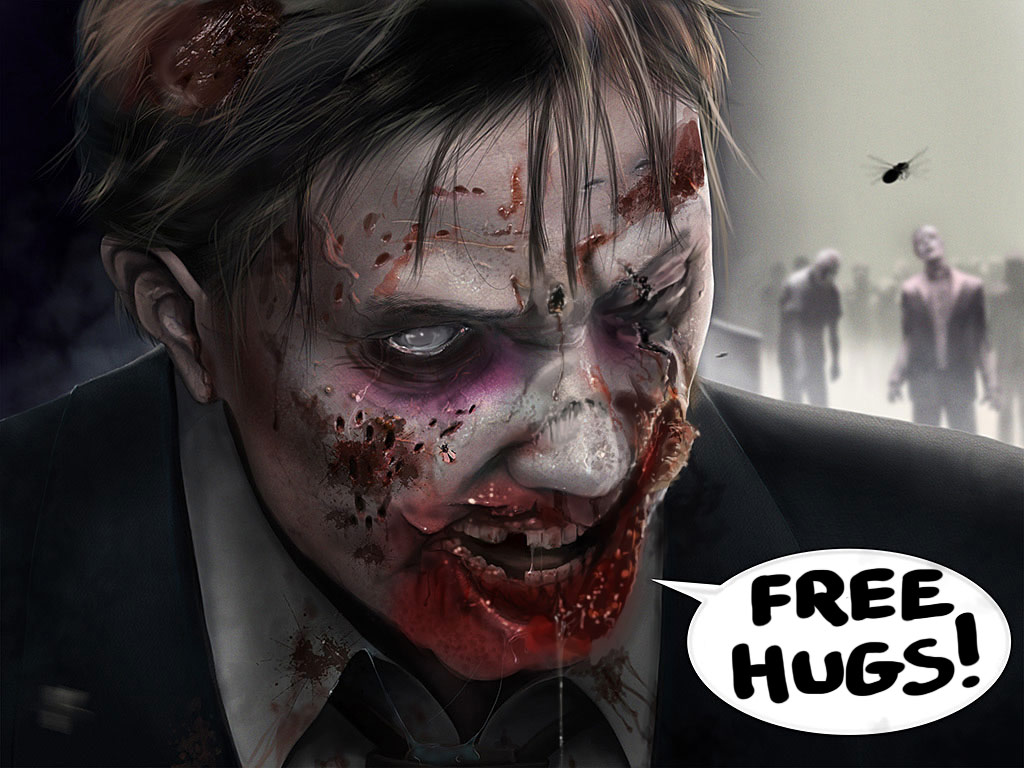
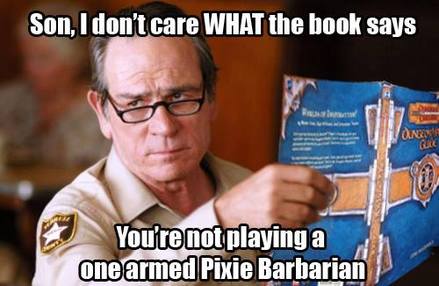


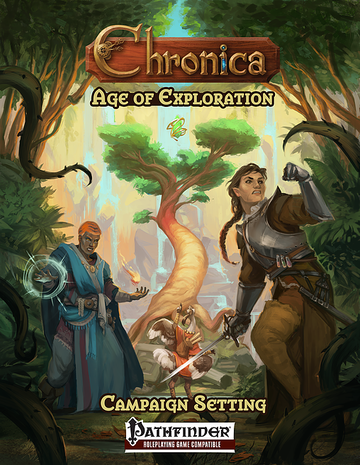

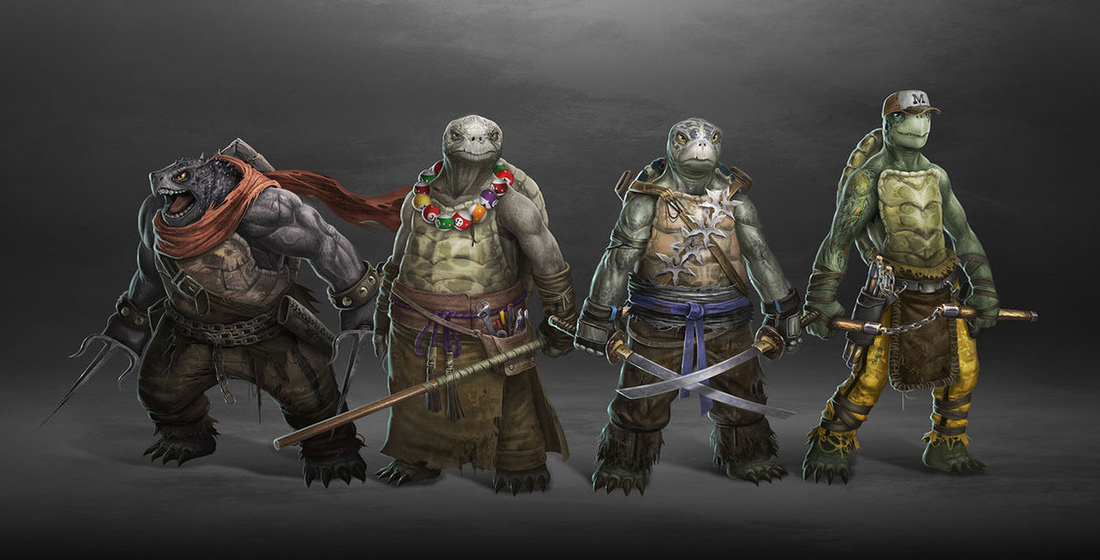

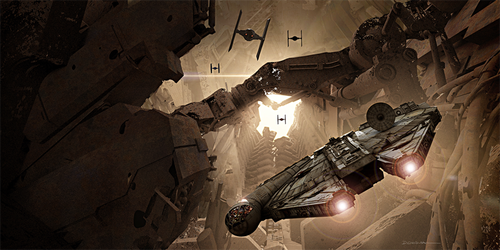

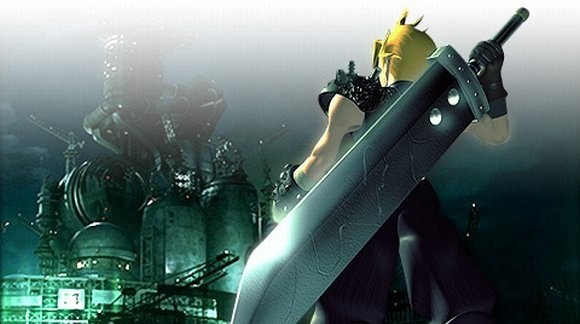
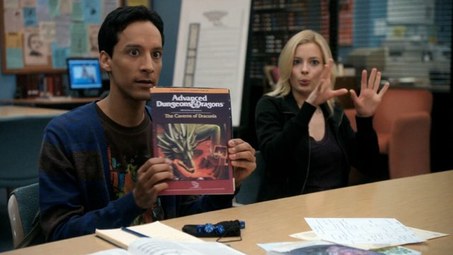
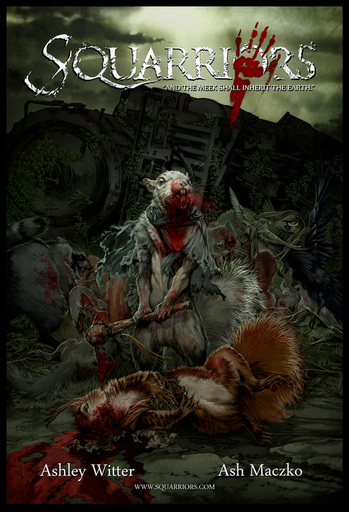
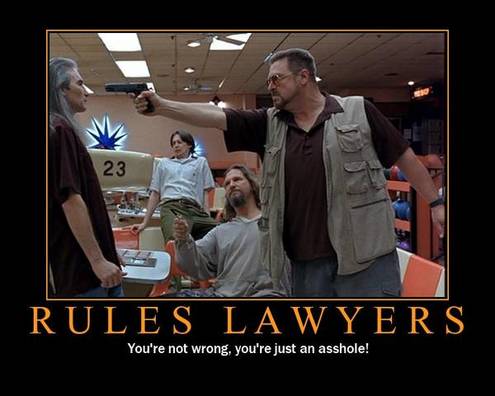
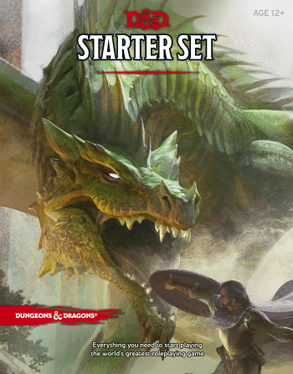
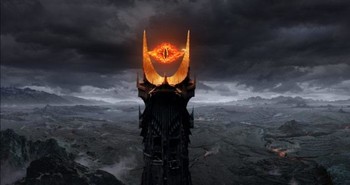
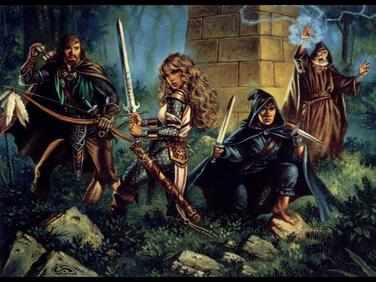


 RSS Feed
RSS Feed